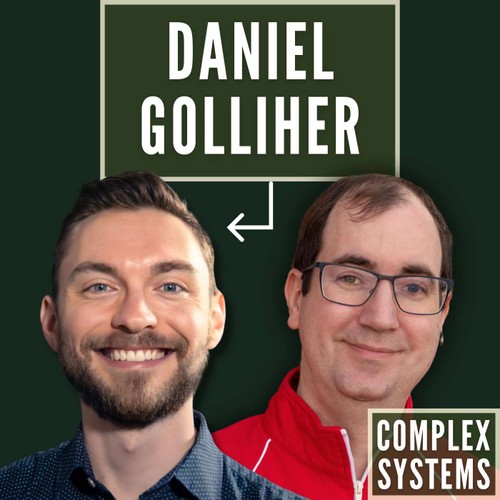
 Complex Systems with Patrick McKenzie (patio11)
Complex Systems with Patrick McKenzie (patio11) Understanding and wielding power in local government, with Daniel Golliher
184 snips
Apr 24, 2025 Daniel Golliher, founder of Maximum New York, dives into the complexities of civic engagement. He reveals the gaps in traditional political science education and emphasizes practical strategies for influencing local government. Golliher's concept of 'blue tape' encourages citizens to leverage everyday actions to make their voices heard. The conversation highlights how being involved in governance requires less expertise than many believe, mainly the willingness to engage and understand local dynamics.
AI Snips
Chapters
Transcript
Episode notes
Attend Government Hearings
- Attend government hearings to observe subtle interactions and better understand institutional workings.
- Guided witnessing can transform perceptions of how government truly functions.
Use Committee Reports to Influence
- Read committee reports to build credible knowledge and identify errors in legislative documents.
- Contact authors with corrections to build reputation and influence policy revisions.
Leverage Calls and Mailings
- Call representatives politely and sound intelligent to receive guidance about who to contact.
- Use expedited mail for important letters to prioritize your message in member offices.
